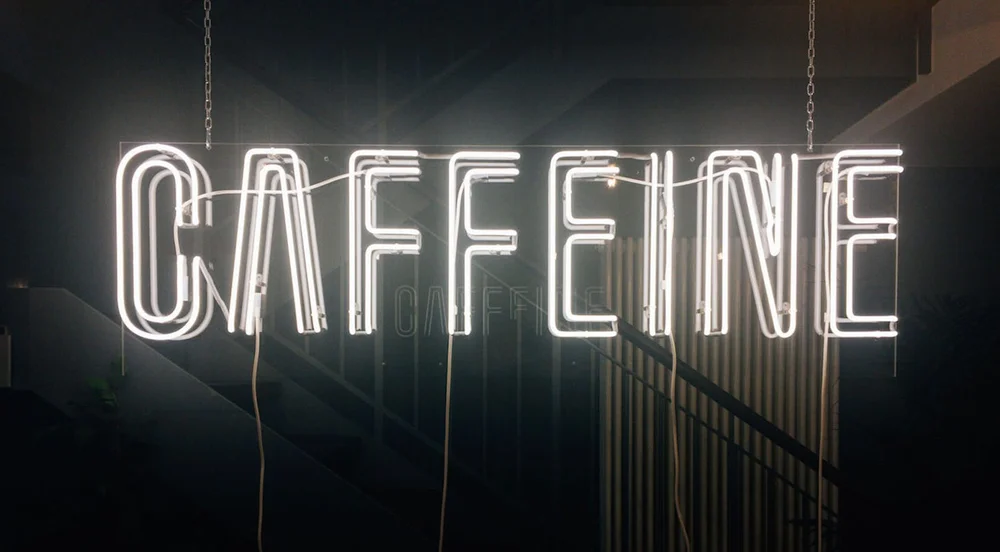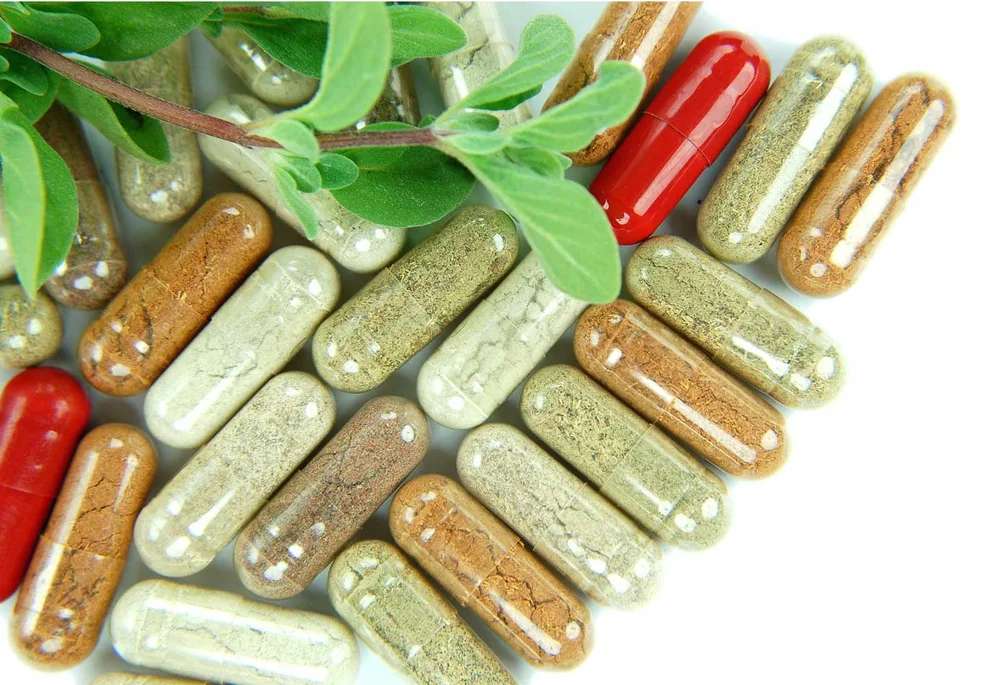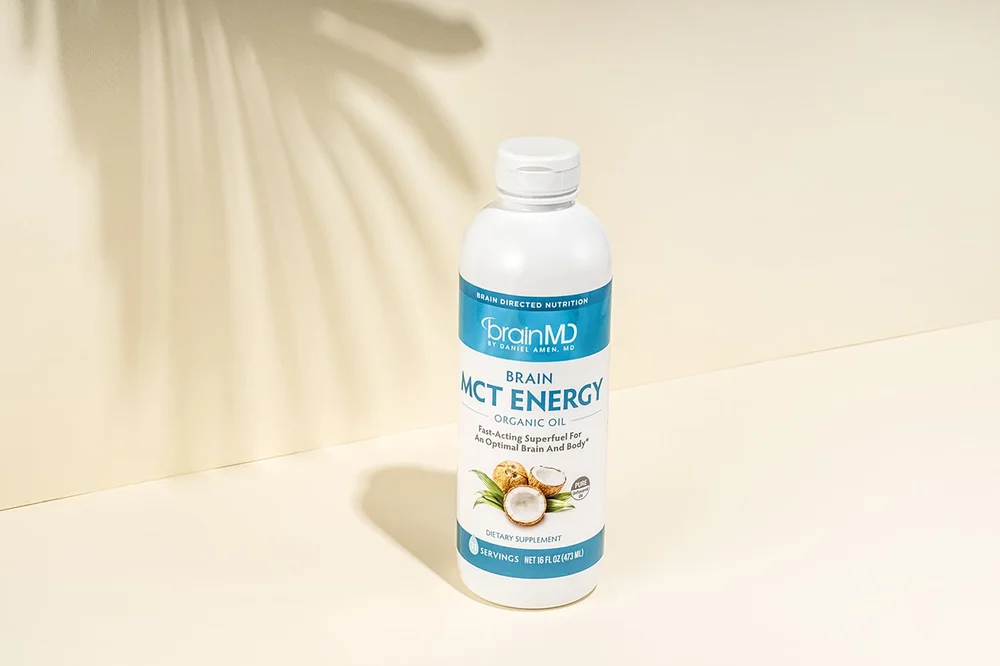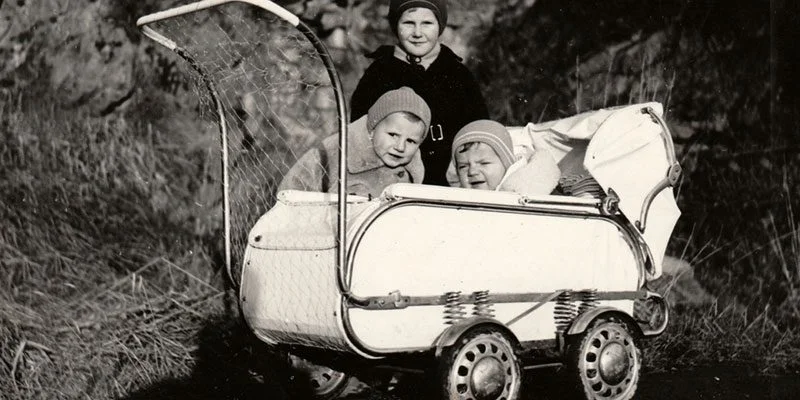How Caffeine Effects Your Brain: Truths and Myths
Effects of Caffeine on Your Brain: Truths & Myths
It suddenly seems as though there’s a new coffee shop on every corner, selling highly caffeinated drinks packed with sugars and fat. As a society, we are going from drinking 1-2 cups of coffee a day to 1-2 cups – three or four times a day. It’s the new comfort food, especially in cold weather.
In order to make it in today’s fast-paced world, you’ve got to stay focused with plenty of energy – both physical and mental energy. It’s easy to see why your body craves caffeine in the short term, especially if you’re sleep-deprived and feeling down.
As energy levels dip because of an overstressed lifestyle, though, have you ever wondered what all that caffeine is doing to your brain?
Many people don’t know of an alternative to caffeine.
Negative Effects of Caffeine on the Brain
Granted, caffeine can lead to temporary increased alertness, and sports medicine research does promote it as an athletic performance enhancer under certain conditions. However, excessive caffeine every day also constricts blood flow to your brain and many other organs.
A daily cup of joe is probably not a problem, but more than 3-4 cups of caffeine, which is metabolized in your hard-working liver, may raise a few issues.
Adenosine is a chemical in the brain that causes drowsiness by slowing down nerve cell activity – and it’s the key to understanding caffeine addiction. When we are tired, adenosine triggers the brain to slow down so we will go to sleep and naturally rejuvenate our own brain function.
Caffeine blocks the effects of adenosine by occupying the adenosine receptor sites and preventing the brain from seeing it. So even if you are tired and in need of sleep to revitalize brain chemistry, caffeine tricks the brain into thinking it is wide awake.
Additionally, caffeine causes the release of adrenaline from the adrenal glands, putting the body into a stressful “fight or flight” mode, whereby:
- Your pupils dilate
- Your heart beats faster
- Blood vessels on the skin constrict to slow blood flow from cuts
- Blood flow increases to working muscles
- Blood pressure rises
- Blood flow to the stomach slows
- Your liver releases sugar into the bloodstream for extra energy
- Muscles tighten up, ready for action
Caffeine also increases dopamine levels in the same way that amphetamines do. Dopamine is a brain neurotransmitter that activates the pleasure centers of the brain. While caffeine’s effects are far less than amphetamines, it is a similar process.
Long-term Addictive Use of Caffeine: Bad for Your Brain?
Excessive caffeine use is associated with chronic dehydration (which can harm your body in numerous ways), added stress on your heart, high blood pressure, jitteriness and headaches, says Daniel Amen, M.D.
Truth is, depending on your own body chemistry, when the effects of the caffeine wear off, you can actually feel fatigued and depressed. So, you consume more caffeine to re-energize. Soon enough, you are hooked on the stuff – and it takes more and more to achieve that same feeling.
After years of studying brain scans at Amen Clinics, it is clear that reduced cerebral blood flow is the opposite of what you want for optimal brain function, says Dr. Amen. “In fact, decreased cerebral blood flow lowers cognitive function and can exacerbate emotional and mental health problems.”
Formulated without caffeine, BrainMD’s Focus & Energy supplement contains select nutrients that have been clinically proven to help support heightened mental focus and sustained energy. Our exclusive formulation proves that you can sustain a dynamic, healthy energy level each day and get more done – without the caffeine!
- Veterans Day: One Warrior Shares Some of the Best Ways to Heal from Trauma - November 2, 2023
- Could Your Mood Issues Be Linked to a Pain In the Neck? - October 13, 2023
- What’s At the Root of Your Sciatic Nerve Pain? - September 20, 2023





What about other sources of caffeine like green tea or chocolate?
Green tea is better as it contains lower levels of caffeine, so it causes less of a rollercoaster effect. Use it within reason though.
Great info! Thank you..Even thought these so called “scientists” or who ever chooses to decide something is good or not good for you…One month is healthy, the other month it’s not. I have always known caffeine wasn’t good for a persons body, how could it be? Talk about setting your own adrenals out of wack! Not only does it have “fast paced” side effects, it’s also a diuretic …only to remove the vitamins and minerals you just consumed. Caffeine is waaaay over rated. Take it out of your diet and after you try “Focus and Energy” and still want your liquid beverage, try an alternative like Dandelion tea! 🙂
We should not forget about the healthier option which is Yerba Mate:)
It still has caffeine having the same affect as coffee 🤦🏻♂️.
Caffeine is a drug only you don’t need a script to use it and our children’s and grand’s are using it as a prescription for for energy, weight loss and meal substitution. Caffeine allows the body to be driven beyond its endurance. Thank you for continuing to stand strong for new thinking on brain health.